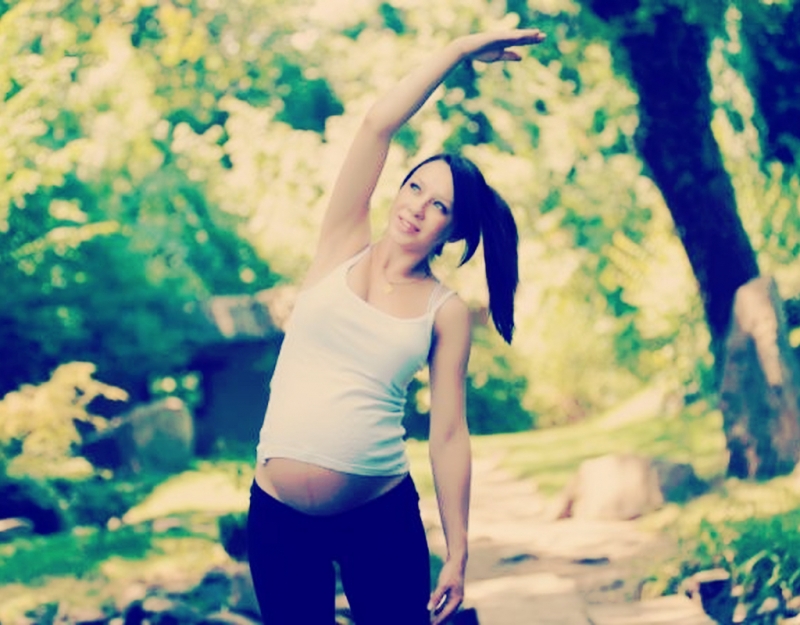Regular exercise during your pregnancy is about more than vanity. Being fit and healthy can help prepare your body for labour and the physical and emotional demands that caring for your newborn baby will bring.
With the changes that pregnancy brings to your body, existing exercise regimes will need to be modified.
Suggestions for sensible exercising during pregnancy include walking, swimming and supervised classes, such as yoga or tai chi. Pelvic floor exercises are also important before, during and after pregnancy.
Remember: Always consult your doctor or physiotherapist before embarking on an exercise program to make sure that the exercise you do won’t harm you or your developing baby.
If you have high blood pressure, are pregnant with twins or more, have been told that you have an increased risk of premature labour, or have pre- eclampsia or heart disease, you will need to seek advice from your doctor and may be advised to limit, or completely avoid physical activity.
Benefits of Exercise
- Stronger back muscles. Strengthening your back may help manage back pain as your belly grows
- Less weight gain during pregnancy
- Stress relief
- Preparation for the physical strain of labour
- Quicker post-labour recovery time
- A faster return to your pre-pregnancy fitness and healthy weight
Remember that, during pregnancy, the way your body responds to exercise is different.
During pregnancy, change in hormones, such as levels of relaxin, causes your ligaments to soften and can increase your risk of joint injuries.
With your belly growing, your centre of gravity will have changed and will affect your balance. This extra weight gain – typically between 10-15 kilograms – puts greater strain on your joints and muscles.
During pregnancy, your resting heart rate increases making pre-pregnancy heart rate targets during exercise no longer applicable. During the second trimester of your pregnancy, your blood pressure will drop. It is important to avoid activities that involve sudden changes of position.
Never exercise so hard that you are left puffing and panting – your growing baby needs oxygen and could be put at risk.
General exercise suggestions
Depending on your personal medical advice, some general suggestions include:
- Aim for four exercise sessions per week
- Avoid exercising beyond your current fitness level
- Always begin with a 10-minute warm-up
- Exercise on soft surfaces, such as grass or carpet
- Don’t do more than 20 minutes of vigorous activity per exercise session and keep an eye on your heart rate. Aim to keep it below 140 beats per minute or, if exercising in water, below 125 beats per minute.
- Drink plenty of water before, during and after exercise
- Cool down thoroughly for at least 10 minutes
- Include some gentle stretching and avoid bouncing movements
- Wear a supportive bra
- Don’t overheat. Wear multiple layers that you can remove, if needed. Natural fibres, such as cotton, will let your skin breathe.







Leave A Comment
You must be logged in to post a comment.